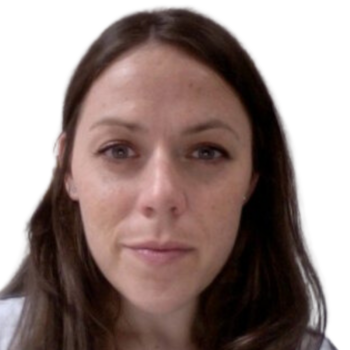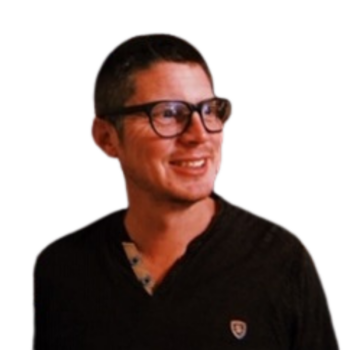Learn the story-shaping skills you need to thrive in the HETV drama arena.
This seven week, online professional development course trains you to identify issues with scripts, solve key story problems, and craft polite, constructive and positive notes for writers.
Explore effective ways to tackle issues with tone, focus, streamlining and storylining, while honing characterisation, agency and proactivity.
Study with a small group of fellow script editors and an expert tutor.
You’ll emerge with increased confidence in judging story ideas, distilling a story to its essence, working with writers and the wider team, and crafting stories that resonate with audiences worldwide.



























